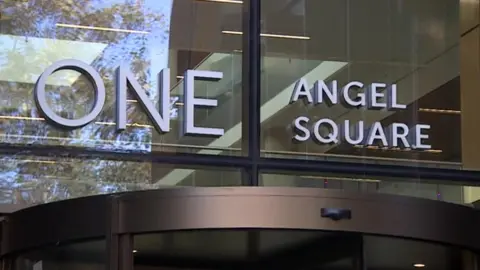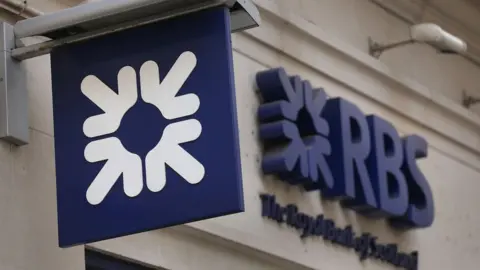Northamptonshire Council borrows £18m to pay 'toxic' £10m loan
 BBC
BBCA cash-strapped council borrowed £18m to exit a "toxic" £10m loan deal.
Northamptonshire County Council took out the Lender Option Borrower Option (LOBO) loan with The Royal Bank of Scotland in 2010.
Earlier this month the authority's draft budget for 2020-21 contained £23.2m of cuts.
The cost of ending the deal early is being kept confidential but the council said it provided it "the opportunity to 'lock in' interest cost savings".
Many councils took out LOBO loans due to their starting interest rate being lower than those offered by the government backed Public Works Loan Board (PWLB).

But lenders are able to increase future rates of interest at a pre-determined date.
These loans have been described by the campaign group Debt Resistance UK as "toxic" and "risky".

What is a LOBO Loan?
Lobo loans are typically long-term loans ranging in length from 40 to 70 years.
The lender has the option to increase the rates at fixed points in the loan term (lender option dates).
The borrower must then either repay the loan plus a penalty fee, or move on to the higher rate of interest.
Lobos typically offer the borrower a low "teaser" interest rate for the first few years of the loan, to attract custom.
Source: House of Commons Library

The interest rate of Northamptonshire's LOBO loan with RBS, which was due to mature in 2060, rose to 7.72%.
The terms of RBS's contract with the council state that under certain market conditions the exit costs could have exceeded the loan amount.
According to cabinet papers, the council decided to re-finance by borrowing £18m off the PWLB at a significantly lower rate to achieve a better deal in the long term.
Nicholas Dunbar, senior consultant at corporate treasury advisers Vedanta Hedging, said "Northamptonshire was paying 7.72% in interest on the LOBO which it was legally obliged to pay for the next 40 years.
"Over that timescale, paying 2% on £18m is preferable to paying 7.72% on £10m."
 PA Media
PA MediaA spokesman for Northamptonshire County Council said: "The £18m borrowed included the replacement of the £10m LOBO loan finance and its associated premium cost, as well as an additional provision to meet the council's overall borrowing requirements.
"The decision to borrow, including the timing and amount, was based on our overall cash flows and investment balances at the time, the current and forecast outlook for borrowing rates and the opportunity to 'lock in' the interest cost savings from a lower fixed-rate loan against the higher variable-rate loan that was settled early."